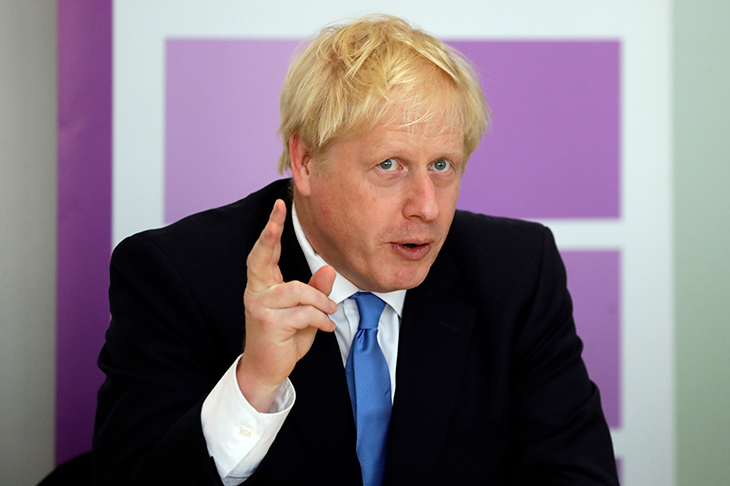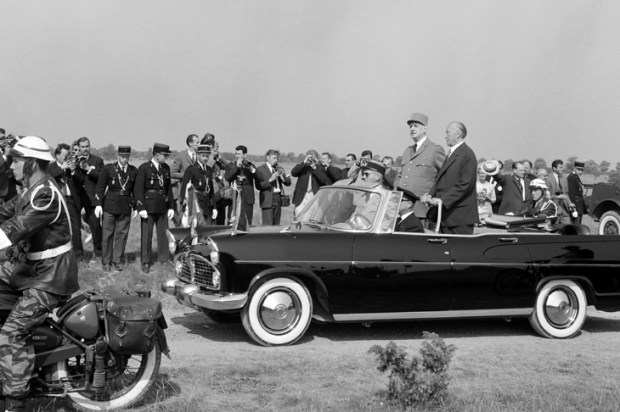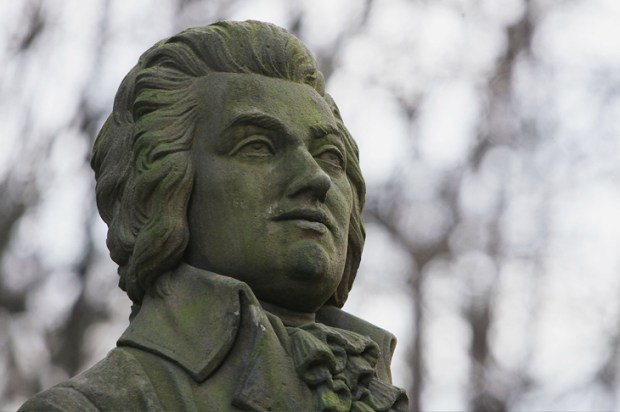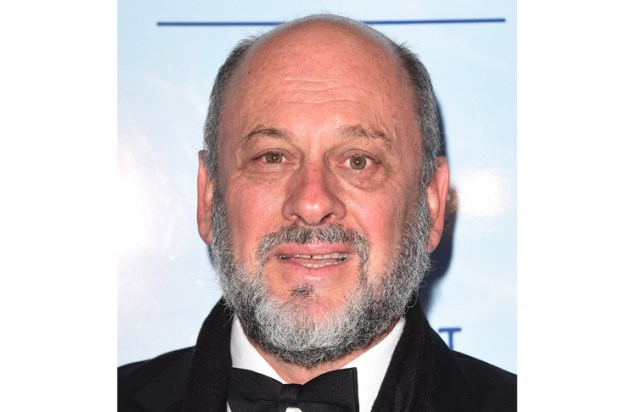It was the claim of one of my past editors – Jenny Naipaul – during my 11 years of writing for The Spectator in London that the first few paragraphs of my weekly piece hardly ever provided the slightest clue as to its forthcoming content. In doing so I later came to realise that I consistently broke one of the cardinal rules laid down today on degree courses in journalism. God knows much contemporary journalism is boring enough without such restrictive prohibitions. Outside the regular writings of others who appear regularly in The Spectator Australia, Quadrant and Annals – Australia’s oldest Catholic magazine – I must admit to finding less and less Australian writing stimulating. However, the current editor of Annals, Paul Stenhouse, has recently written a brilliantly scholarly but utterly readable book, Islam: Context and Complexity (Australian Scholarly Publishing 2019), yet how many potential readers will ever discover it? However it is possibly the best book of its kind available anywhere regarding Islam’s significance. By contrast reading Ross Fitzgerald’s finely argued review of Niki Savva’s recent book, Plots and Prayers – centred largely around Malcolm Turnbull – one felt increasingly that the book itself was barely worth Professor Fitzgerald’s trouble. Yet Niki has been writing in the Australian for as long as I can remember. A major part of Niki’s problem – like that of her principal subject – was being caught up in the toils of rhetorical political language wherein words such as ‘progress’ have by now lost virtually all sensible meaning, e.g. describing same-sex marriage automatically as ‘progress’. Rhetoric as we know describes language specifically designed to persuade or impress. Its natural habitat is therefore politics and advertising yet, in both of those fields, long acquaintance has led intelligent minds to recognise its nature and thus dilute its would-be effectiveness. Regrettably, the full toxicity of such language still takes effect in areas where the ubiquity of its use remains unrecognised. Nowhere is this truer, in fact, than in the visual arts. Thus much of the content of my first published book The Art of Self Deception (Libertarian Books 1977) was concerned basically with damaging misuse of language.
In a UK television series in which I appeared shortly before coming to Australia two utterly opposed people get stuck supposedly in a broken-down lift and the programme’s dialogue ‘simply’ records their spontaneous, unscripted conversation. The series was also shown here. Thus I was supposedly ‘stuck’ with UK modernist art critic Sarah Kent and when she accused me of trying ‘to put the clock back’ I demanded that she actually showed me a clock. In retrospect the series was a fun idea with which those participating certainly played along.
This week’s good news is that a former Spectator editor has suddenly become Britain’s latest PM. Unlike Boris’s fellow Old Etonian and Spectator editor Charles Moore whom I knew quite well, I have met Boris Johnson only relatively briefly. I know I am not alone in believing Charles Moore would have made an excellent conservative politician had he so wished. Therefore necessary ambition is clearly vital – an aspect in which Boris is certainly not lacking. I have learned only recently via his column that Charles had an extraordinarily eccentric father – which may be the sole area in which I can claim to be his equal. In the case of my own father, for example, he failed to inform me once that I had been selected to play in rather a significant cricket trial – in which a future England captain took part – simply because I was holidaying in France. Yet might not a call to the director of the hospital in Macon with whom I was staying have perhaps changed my whole subsequent life?
Long before the days of mobile phones my father was fearful of ordinary telephones in case a finger got stuck in their dial. In short I suspect that Charles Moore’s wonderfully eccentric father could not necessarily have held a candle to mine – who did however contribute 26,000 original entries to the 1970 supplement to the Complete Oxford English Dictionary. My eccentric father was originally simply a schoolmaster who supplemented his somewhat limited income by marking – and even initiating – vast numbers of exam papers for various educational boards and also for Britain’s civil service. For someone as impractical as my late father however such additional work involved truly terrifying travel and even staying in strange hotels. For weeks before such appointments he could be found consulting train timetables and even packing and unpacking a suitcase. Eventually the fateful day would arrive when he had no option but to catch a train to Manchester, say. Once travel was complete, his hotel located and the mysteries of booking in somehow accomplished the next terror to afflict him was the chance of falling asleep and thus of missing dinner. It was actually in Manchester in fact that he broke off the sturdy brass handle of his hotel room’s door by pushing it up rather than down – he was unusually strong as well as unimaginably nervous. Anyone else would then simply have telephoned reception but he had an ongoing problem with telephones of course. Shouting was possibly also to no avail since his room was at the end of a very long corridor. Eventually he determined to climb out onto the hotel’s roof and shout for help. However after finally plucking up courage to do so he drew his room’s curtain and discovered his room was actually on the ground floor and he could thus simply step out into the garden – so he didn’t miss dinner after all. In the event I do not especially blame my unbelievably eccentric late father for my never playing cricket for Kent – and perhaps even internationally – because I did greatly enjoy playing subsequently – on special registrations – for three different counties with which I had no legitimate connections by birth at all.
Got something to add? Join the discussion and comment below.
Get 10 issues for just $10
Subscribe to The Spectator Australia today for the next 10 magazine issues, plus full online access, for just $10.
You might disagree with half of it, but you’ll enjoy reading all of it. Try your first month for free, then just $2 a week for the remainder of your first year.















Comments
Don't miss out
Join the conversation with other Spectator Australia readers. Subscribe to leave a comment.
SUBSCRIBEAlready a subscriber? Log in